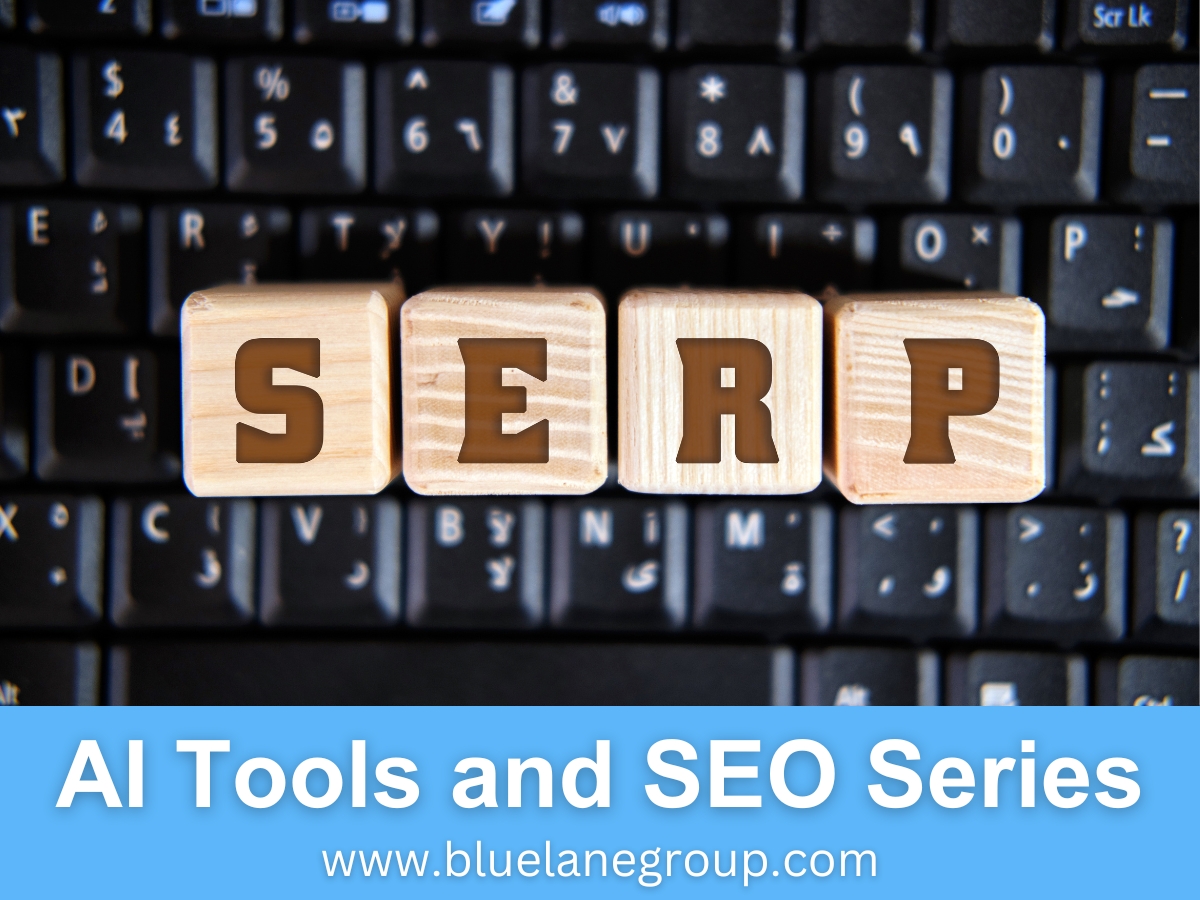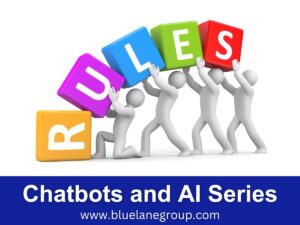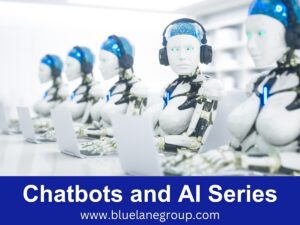Introduction: How AI is Revolutionizing SERP Analysis
In this enlightening article, we explore the role of AI in SERP analysis, focusing on how artificial intelligence is changing how we understand and interpret search engine results pages. We will discuss its critical functionalities, unparalleled benefits, and transformative impact on modern SEO practices.
Quick Glance – If You’re on a Tight Schedule
- AI in SERP analysis is more than a technological innovation; it’s a game-changing approach that involves machine learning algorithms, real-time data interpretation, and advanced analytics. Its application gives us highly accurate insights into keyword rankings, competitor strategies, and user intent. Understanding the role of AI in SERP analysis equips you with an unmatched edge in optimizing search engines and outperforming competitors.
- The integration of AI into SERP analysis has not only made the process more efficient but also more insightful. By harnessing the power of artificial intelligence, SEO professionals and digital marketers can develop more effective, data-driven strategies that achieve better rankings and ultimately lead to higher conversions.
Welcome to the third article in the Blue Lane Group series on AI Tools and SEO: Building Tomorrow’s Search Strategies Today. This series examines how artificial intelligence is reshaping the field of search engine optimization, offering tools and strategies to boost website rankings, improve user engagement, and make content more relevant.

Disclosure: The digital products mentioned in this article are highly regarded in the marketplace and are endorsed by the Blue Lane Group staff. We may earn a commission at no additional cost if you purchase through the provided links.
Table of Contents

Why SERP Analysis is Crucial
Understanding the Search Engine Results Page (SERP) is essential for businesses aiming to improve online visibility. SERP analysis provides valuable insights into your competitors’ actions, how user intent shapes search results, and which keywords drive traffic.
Without a thorough understanding of SERP, you risk losing your competitive edge, falling behind in organic rankings, and missing out on valuable traffic. Businesses that neglect SERP analysis often find themselves at a disadvantage, unable to target their audience effectively or understand shifts in the market landscape.
Therefore, mastering the art of SERP analysis is critical to establishing a robust digital marketing strategy.

Conventional vs. AI-Driven SERP Analysis
Traditional SERP analysis typically involves manual efforts to interpret data. This often lacks the granularity needed for nuanced insights and relies heavily on keyword density, meta descriptions, and backlinks. AI-driven SERP analysis tools like Clearscope and Serpstat provide in-depth, automated insights.
They analyze more complex data points beyond human capacity and offer predictive analytics. These tools have the advantage of understanding user intent more deeply and adapting quickly to search engine algorithm changes. Their automation and machine learning capabilities make them a time-saving and highly efficient alternative.
What Sets AI-Driven SERP Tools Apart
AI-driven SERP tools such as Ahrefs and SEMrush offer several advantages over traditional devices. They employ machine learning algorithms to analyze vast real-time datasets, providing instantaneous actionable insights.
Their adaptability sets these AI-driven tools apart; as search engine algorithms evolve, so do them. They continue to learn and adjust, ensuring they are always up-to-date with the latest SEO trends. This continuous learning cycle allows them to stay ahead of the curve, making them an indispensable asset in your SEO toolbox.
Their robust capabilities in SERP analysis are why many SEO professionals are switching to AI-driven tools.

How AI in SERP Analysis Tools Work
AI in SERP analysis tools such as Clearscope and Mangools uses machine learning algorithms to sift through enormous data sets. These tools analyze keyword relevance, backlinks, content quality, and even social signals to provide an all-encompassing view of how your website stacks up in the SERP.
They go beyond just showing you where you rank; they offer actionable insights on improving your rankings. They can automatically suggest keyword opportunities, help optimize your meta tags, and even provide content recommendations.
By relying on AI-driven senses, businesses can make more informed decisions and refine their SEO strategies to ensure higher visibility and improved user engagement.
The Algorithms Behind SERP Analysis
The magic behind AI-driven SERP analysis lies in complex machine learning algorithms, often powered by neural networks and natural language processing. Tools like SEMrush and Ahrefs employ these algorithms to interpret the context of a page rather than focus on keyword density.
These algorithms continuously learn from new data, allowing these tools to adapt in real time as search engine algorithms change. They also analyze user behavior and click-through rates to give a more comprehensive picture of how your site is performing.
This level of detail and real-time adaptability is something traditional tools can’t match, making AI-driven SERP analysis tools a revolutionary approach to SEO.

Essential Features in AI-Driven SERP Analysis Tools
When considering AI-driven SERP analysis tools, looking for key features that offer the most value is crucial. Tools like Clearscope and SEMrush provide valuable attributes such as semantic keyword research, competitor analysis, and content gap analysis.
Additionally, integrating with other platforms like Google Analytics is a game-changer for monitoring site performance. Advanced AI analytics offer predictive insights, allowing for proactive strategy tweaks. These features help create a toolset that provides significantly more than just keyword tracking; they help create a holistic SEO strategy.
Ranking Metrics and AI
One of the most powerful capabilities of AI in SERP analysis is its ability to dive deep into ranking metrics. Tools like Ahrefs offer granular insights into domain authority, backlink profiles, and social signals. These are no longer just numbers; the AI interprets them in the context of your overall SEO performance, providing actionable insights.
For example, rather than just telling you the number of backlinks you have, AI tools can recommend which kinds of backlinks you should focus on acquiring next.
Keyword Tracking: The AI Advantage
Traditional keyword tracking tools give you a static view of your website’s performance. However, AI-driven tools like Mangools and Serpstat elevate this to a new level by continuously analyzing and updating keyword data.
They offer predictive keyword success scores and can automatically flag keyword opportunities that you might not have considered. AI’s advantage in keyword tracking lies in its ability to dynamically adjust its recommendations based on real-time data, providing a far more adaptable and practical approach.
Real-time SERP Analysis
The landscape of SERPs is ever-changing, making real-time analysis essential for staying ahead of the competition. AI-powered tools like Ubersuggest and SpyFu excel in providing real-time SERP analysis.
They monitor changes in search engine algorithms and immediately adjust their recommendations and insights. These tools can even alert you if a competitor has overtaken your rankings for a particular keyword or if there’s a new opportunity for a featured snippet.
This ability to analyze and react in real time gives businesses a significant edge in the highly competitive SEO landscape.

Case Studies: The Impact of AI on SERP Analysis
Case studies serve as real-world evidence of the effectiveness of AI-driven SERP analysis. For instance, businesses that switched to SEMrush’s AI capabilities reported a significant boost in their keyword rankings within just a few months.
Another example would be how companies using Ahrefs noted an increased understanding of competitor backlink strategies, leading to improved domain authority. These case studies prove that adopting AI in SERP analysis is not just a trend but a strategic move that delivers measurable outcomes.
Boosting Organic Traffic with AI-Driven SERP Tools
Increasing organic traffic is one of the key objectives for any online business, and AI-driven SERP tools like Mangools and Clearscope have proven invaluable assets.
These tools offer semantic keyword analysis and competitor gap assessments, which help identify the low-hanging fruits in your SEO strategy. By capitalizing on these insights, businesses have seen up to a 30% increase in organic traffic within a few months.
These aren’t just numbers; they translate into higher engagement and, ultimately, more conversions.
Refining SEO Strategies with Advanced SERP Analysis
The true power of AI-driven SERP analysis lies in its ability to refine and adapt your SEO strategy continually. Traditional tools give you a set of keywords to target and maybe some backlink opportunities. However, platforms like Ubersuggest and SpyFu go much further.
They analyze the effectiveness of your existing keywords and suggest new ones based on emerging trends and competitor behavior. By harnessing these advanced features, businesses can make quick, data-driven decisions to refine their SEO strategies for maximum effectiveness.

Challenges in Implementing AI in SERP Analysis
While the promise of AI in SERP analysis is vast, there are also challenges to consider. One of the significant hurdles is the steep learning curve associated with understanding the AI algorithms in platforms like SEMrush or Ahrefs.
Misinterpreting data can lead to incorrect strategic decisions. Additionally, the costs associated with these advanced tools can be prohibitive for smaller businesses. Finally, there’s the issue of data overload; these tools provide a wealth of information, and it can be overwhelming to sift through it all to find actionable insights.
Ethical and Data Privacy Concerns
As AI evolves, ethical and data privacy concerns become more prevalent. For instance, scraping competitor data raises ethical questions about fair play in business.
Moreover, with AI-driven platforms like Mangools and Clearscope collecting massive amounts of data, how that data is stored and who has access to it becomes a crucial concern. GDPR and other data protection regulations also come into play, requiring businesses to be increasingly vigilant about data privacy.
Scalability Hurdles in AI-Driven SERP Analysis
Scaling a business with AI-driven SERP tools presents its own set of challenges. Many AI tools are subscription-based, and the costs can quickly accumulate as a company grows and needs more extensive data analysis.
Additionally, these tools require ongoing management and expertise to get the most out of them. For example, Ubersuggest and SpyFu offer advanced features that need a deep understanding of SEO for effective utilization.
The need for specialized skills to manage these tools can become a scalability hurdle for many organizations.

Future Directions in AI-Driven SERP Analysis
The future of AI in SERP analysis is full of exciting possibilities. We can expect even more sophisticated algorithms that offer deeper insights into search intent, user behavior, and ranking factors.
Advanced machine learning techniques could automate much of the analytical process, providing real-time, actionable insights without human intervention.
Furthermore, integration capabilities between tools like SEMrush and Moz Pro could create a more cohesive and comprehensive SERP analysis environment. These advancements will likely make the devices more user-friendly, even as they become more powerful.
Selecting the Best AI in SERP Analysis Tools
Choosing the right AI-driven SERP analysis tool for your business can be daunting, given the variety of options available. Look for tools that offer the essential features you need, such as keyword tracking, ranking metrics, and real-time analysis.
For instance, Ahrefs is known for its detailed backlink analysis, while BuzzSumo excels in content discovery. Remember to consider your budget, as tools like Serpstat offer excellent features at a more affordable price point. Trial periods and customer reviews are also good resources to help make an informed decision.

FAQ: Your Key Questions on AI in SERP Analysis Answered
It’s natural to have questions about implementing AI in SERP analysis. Common questions include “How reliable are AI-driven SERP tools?” and “Is there a risk of data breach with these tools?”
To the first question, the answer generally depends on the tool’s reputation and user reviews. High-quality, established tools like Google Search Console and Yoast SEO are usually reliable.
As for data security, always check the tool’s privacy policy and ensure it complies with relevant data protection regulations to mitigate risks.
How Does AI in SERP Analysis Tools Differ from Traditional Methods?
The advent of AI in SERP analysis has marked a seismic shift from traditional methods. Conventional tools usually rely on basic algorithms that can only go so far in analyzing rankings and keywords.
In contrast, AI-driven tools like Clearscope and Ubersuggest use machine learning to understand context and semantic relations and predict future trends in SERP rankings. They are reactive and proactive, providing insights to guide strategic decisions rather than just tactical adjustments.
What Additional Value Does AI Bring to SERP Analysis?
AI introduces several layers of added value to SERP analysis. It automates the cumbersome data collection and interpretation, saving valuable time and resources.
Secondly, tools like SpyFu and Mangools utilize AI to provide granular insights such as competitor analysis, seasonality impact, and user search intent. Moreover, AI’s predictive analytics can forecast changes in search engine algorithms, allowing businesses to adapt their SEO strategies proactively.
In essence, AI empowers enterprises to make data-driven decisions with a level of detail and foresight that was previously unattainable.
Are Data Privacy Concerns Relevant in AI-Driven SERP Tools?
Data privacy is a valid concern in AI-driven SERP tools, especially given the volume and sensitivity of the data being analyzed.
Tools like Google Search Console and Yoast SEO often have robust security measures, but ensuring that any device you choose complies with data protection regulations like GDPR is crucial. Read privacy policies carefully and consult legal advisors to mitigate risks.

Conclusion: The Evolving Landscape of AI in SERP Analysis
AI in SERP analysis is not just an incremental improvement over traditional methods; it’s a revolutionary advancement. The landscape is rapidly evolving and pushing the boundaries of what’s possible in understanding and interpreting search engine rankings.
Whether automating data collection, providing deeper insights, or offering predictive analytics, AI fundamentally changes how businesses approach SERP analysis. As we look to the future, it’s clear that AI will continue to play an increasingly vital role in shaping successful SEO strategies.
You Might Also Like:
If you enjoyed this article and received value from it, check out the other Blue Lane Group articles in the AI Tools and SEO: Building Tomorrow’s Search Strategies Today series:
- Uncover Hidden Opportunities: AI in User Behavior Analytics Tools
- Elevate Your Strategy: The Importance of SEO Optimization
- The Role of AI in SERP Analysis: A Revolutionary Approach
- Transform User Experience: Content Personalization with AI
- Boost Your Site’s Performance: AI in Technical SEO Audits
- Outsmart Your Rivals: AI in Competitive SEO Analysis
- Transform Your Content Strategy: AI-Driven Content Generation Revealed
- AI Link Building: The Secret to Unbeatable SEO
- Breakthrough Technology: Using AI for Image and Video SEO
- Drive More Traffic: Leveraging AI SEO Mobile Strategy
- Drive Engagement: How Sentiment AI Analysis for SEO Works
- Maximize ROI: Using an AI-Driven SEO Dashboard and Reporting Effectively
- Thrive Locally: AI Local SEO Tools You Can’t Ignore
- Ignite Sales: Utilizing AI for PPC Campaigns Strategies
- Amplify Your Reach: The Best Influencer Tools Powered by AI
- Elevate Rankings: AI in Social Media and SEO Strategies
- Optimize Success: Understanding AI Semantic Search for SEO
- Unleash the Power: AI and SEO Strategies Using Machine Learning
- Optimize Conversions: AI and Search Intent Tactics





